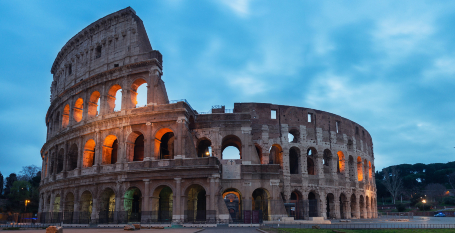Italy legalised same-sex civil unions in 2016. However, stiff resistance from Catholic and conservative groups meant that the law stopped short of granting adoption rights to same-sex couples.
That left a regulatory vacuum surrounding several aspects of queer family life, including adoption. Solutions aimed at getting around bureaucratic hurdles were reached on a case-by-case basis, as cases went to court.
In 2018, the mayor of Milan - Giuseppe Sala - introduced provisions that enabled legal recognition for the children of same-sex couples, finding a local solution in the absence of any national legislation on the matter.
However, Italy's new far-right government has stepped in and ordered Milan to stop.
Georgia Meloni, the recently elected leader of the governing coalition, has made homophobia a cornerstone of her policy agenda.
Children who are denied the right to have both parents recognised on their birth certificate are now left in a legal limbo. Their families face a range of challenges. In the most extreme scenario, if the legally recognised parent were to pass away, the children could become wards of the state and face the prospect of being orphaned.
What's life like for LGBTQ people in Italy?
What’s life like for LGBTQ people in Italy? Let’s take a look at some of the key equality indicators.
Is homosexuality legal in Italy?
Yes. Same-sex sexual activity was decriminalised in 1890.
The age of consent is 14, regardless of sexuality.
Are there anti-discrimination protections in place for LGBTQ people in Italy?
Not really. It’s a bit of a confusing picture but in general LGBTQ people in Italy do not have the same level of protections against discrimination on the grounds of sexuality that other countries offer.
Is there Marriage Equality in Italy?
No, but there has been legal recognition of same-sex relationships since 2016.
What’s life like for LGBTQ people in Italy?
With the Catholic Church continuing to play a key role in shaping public opinion and perceptions, Italy remains a socially conservative country.
Broadly, there is general acceptance of LGBTQ people, and there is a vibrant and visible LGBTQ community in the major cities.












 Printable Version
Printable Version



















Reader's Comments
Please log in to use this feature.